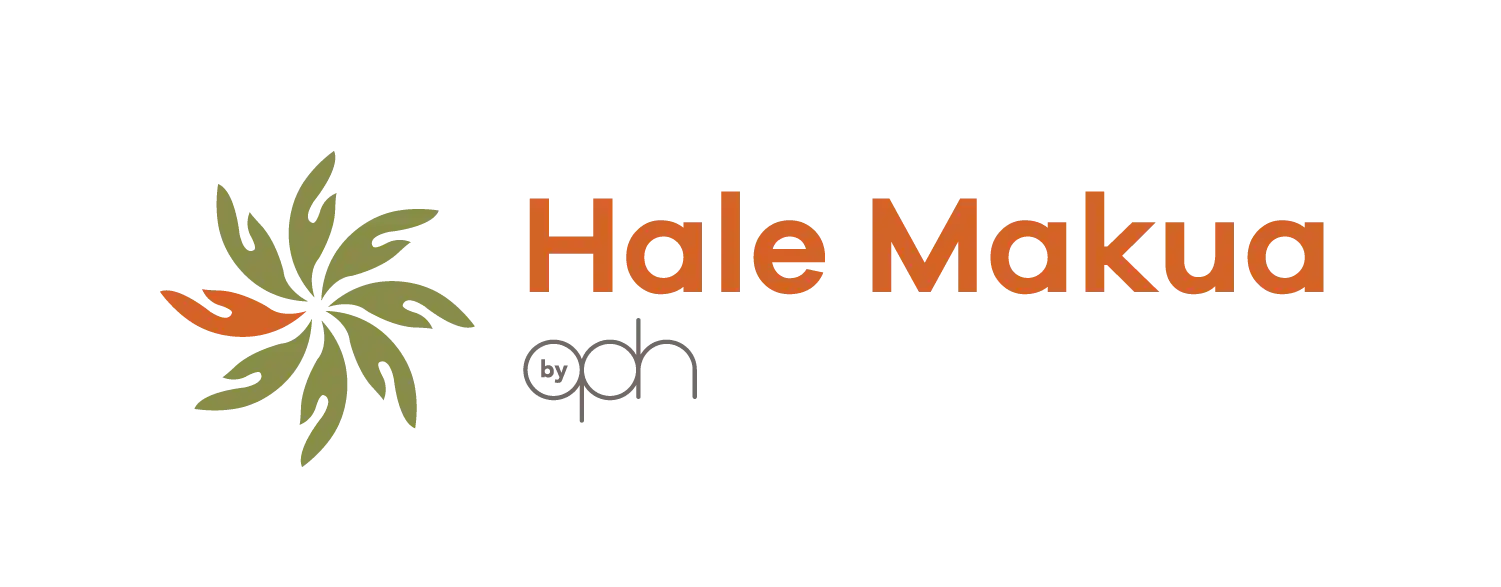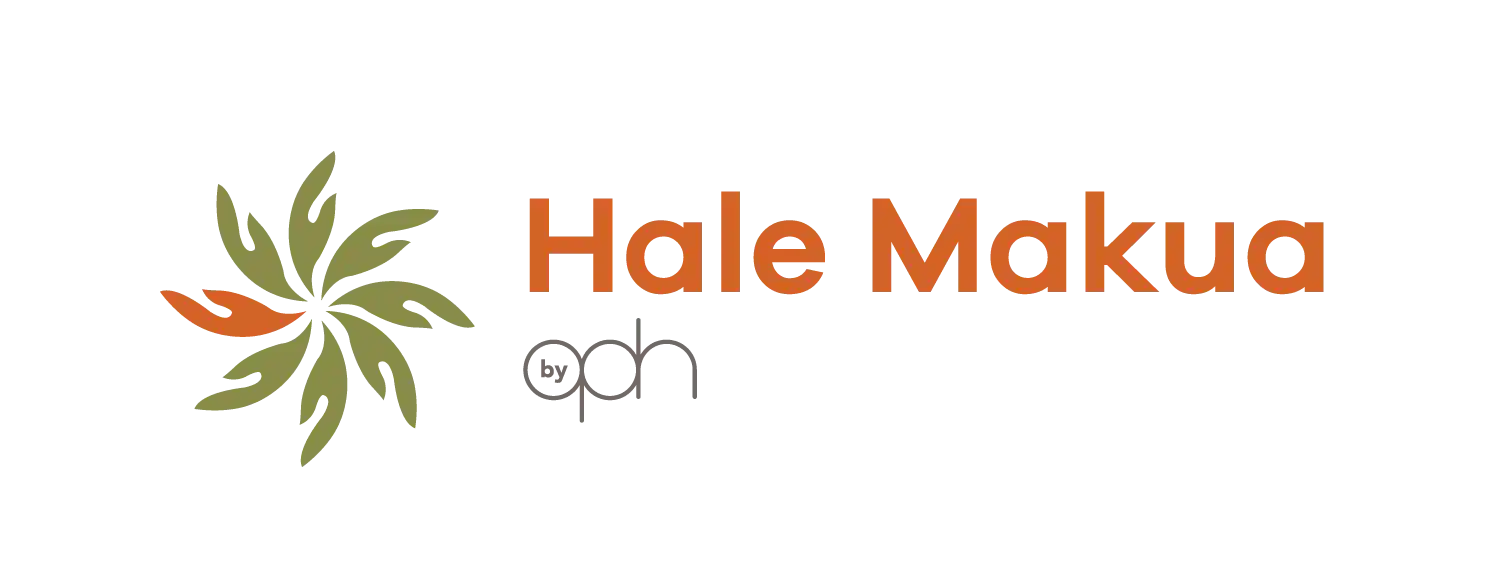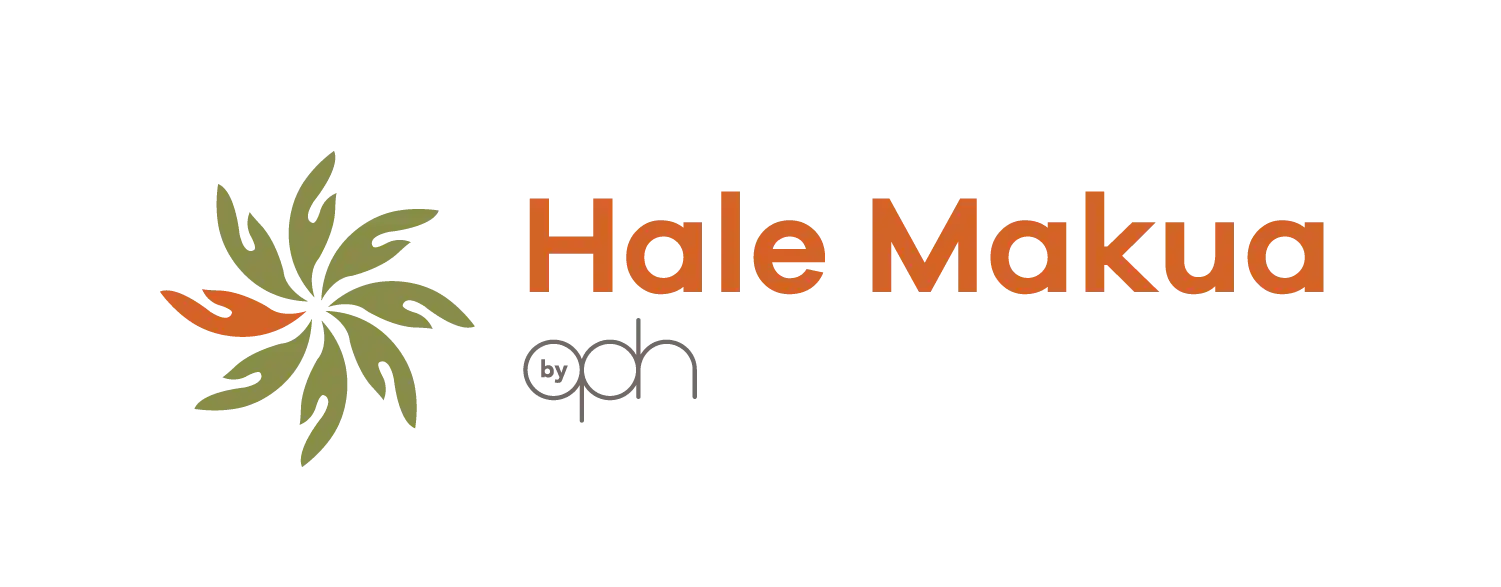Countywide Policy Plan 2030 Passes Out of Committee
The Countywide Policy Plan – the first phase of Maui County’s General Plan update – was passed out of the Planning Committee yesterday and will now be sent to the full Council for adoption.
The document outlines the county’s vision for the next 20 years, including details on diversified economy, sustainable environmental practices and recognition that the Hawaiian culture is a “vital force in the lives of residents.”
The “Countywide Policy Plan 2030” – marks the first comprehensive overhaul of the County’s General Plan since 1991.
Committee Chair Sol P. Kaho’ohalahala said the Countywide Policy Plan is the County government’s overarching statement of vision, objectives and policies.
The Planning Committee spent most of the summer and fall reviewing the draft Countywide Policy Plan in a series of nine meetings in Wailuku, Hana, Lanai and Molokai. The next phase of the General Plan update is the first-ever Maui Island Plan, which the Department of Planning sent to the Council last month.
“I want to thank the Planning Committee Members for being diligent, steadfast and supportive of the work presented to us by our General Plan advisory committees, planning commissions and advisory bodies from Lanai, Molokai, Maui and Hana,” Kaho’ohalahala said. “Everyone’s collective time and commitment to the General Plan update are valuable to the long-range vision for Maui Nui.”
The draft Countywide Policy Plan was proposed last year by the Department of Planning after years of work with community groups and professional consultants.
Kaho’ohalahala anticipates the revised bill, adopting the Countywide Policy Plan, to undergo initial reviewed by the full Council next month, with a public hearing and passage on two readings to follow. Â The revised bill will be posted to the Planning Committee website after technical and legal review by the Planning Committee staff and the Department of the Corporation Counsel.
The bill includes the following policies:
- Support emerging industries, including renewable energy, ecotourism and agritourism
Encourage energy generation that utilizes wind, sun, water, biowaste and other renewable sources of energy
- Develop a streamlining system for urban infill projects
- Adopt a Green Building Code
- Develop networks of greenways, watercourse and habitat corridors
- Protect and restore near-shore reef environments and water quality
- Encourage conservation and recycling
• Reduce reliance on the automobile and fossil fuels by encouraging walking, bicycling and other energy efficient and safe alternative modes of transportation
• Encourage progressive community design and development that will reduce transportation trips
- Facilitate the creation of jobs that offer a living wage
- Ensure that residential workforce housing remains affordable in perpetuity
- Improve coordination among Federal, State, and County agencies
- Establish incentives for the display of public art
• Support community facilities such as museums, libraries, nature centers and open spaces that provide interactive learning opportunities for all ages
- Preserve resources for traditional Hawaiian cultural practices
- Encourage the use of the Hawaiian language and Hawaiian architecture
• Emphasize the importance of the Aloha Spirit
(Posted by Wendy Osher; supporting information provided by the County of Maui)










